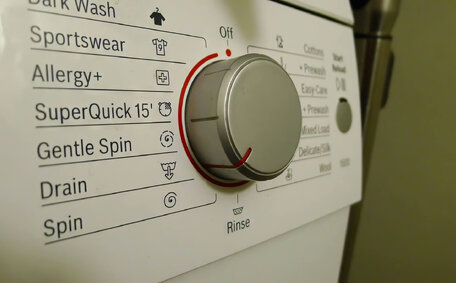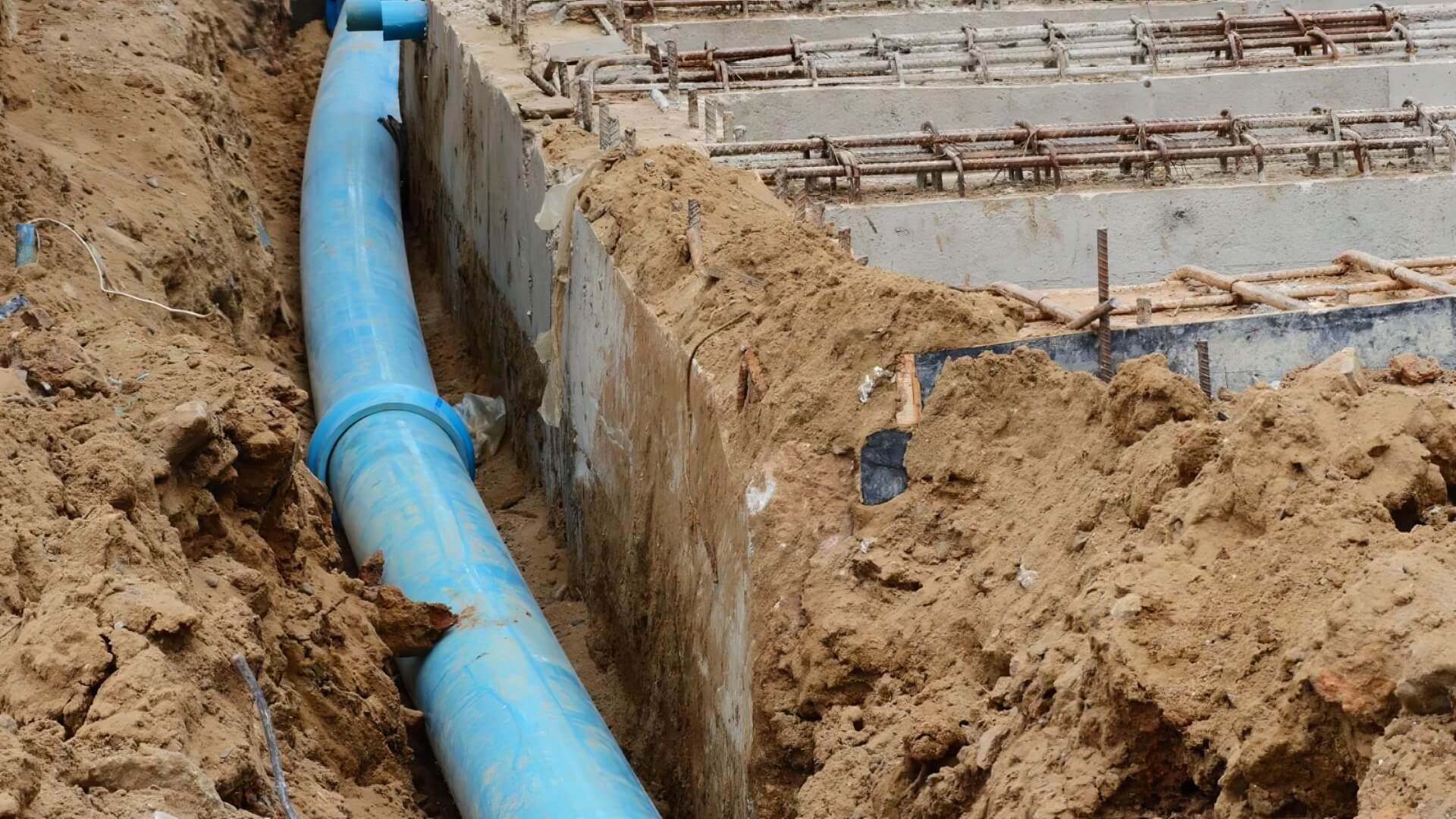Introduction to Heat Pump Water Heaters
Heat pump hot water solutions in Australia are becoming a favourite sustainable option for homeowners nationwide. With a high-efficiency water tank and the capability to utilise renewable energy from the air or through solar panels, electric gas heat pumps curtail greenhouse gas emissions compared to the traditional systems.
This article delves into the intricacies of both heat pump and gas hot water system troubleshooting. We’ll provide guidance on heat pump technology types, installation considerations, operating tips, troubleshooting common issues, maintenance requirements, cost comparisons, systems energy consideration, available rebates, and how to optimise environmental savings.
Whether you already have an air water heat pump system or are researching options as a sustainable replacement for your existing hot water unit, you’ll find all the practical know-how you need make an informed, environmentally friendly choice for your household’s needs.
How Heat Pump Water Heaters Work
Heat pump water heaters operate by extracting warmth from the surrounding air and transferring it into the water within the storage tank using a carbon dioxide refrigerant and a heat exchanger, operating similarly to air conditioners or fridges but with a focus on heating rather than cooling.
Unlike cooling appliances, heat pump water heaters raise the temperature by concentrating thermal energy within the water, requiring less electricity as they can produce up to three to four times more heat energy from the electricity consumed compared to conventional electric elements.
When compared to the most common traditional water heating solutions, there are generally 2 types of modern heat pump systems:
- Models designed to heat surrounding air and utilise it to extract warmth for the water
- Ground source models using pipes buried underground as the heat source
Domestic hot water systems can be applications, including space heating, where air source heat pump water systems are generally adequate and most cost-effective. Efficient solar panels can contribute to this system’s effectiveness across a wide spectrum of Australian climates, and when properly sized, provide a continuous supply of energy for household needs.
During very hot days, supplementary electric elements can boost water temperature, whereas on extremely cold days, alternative systems may be necessary. Yet, such auxiliary heating is typically required only for a brief portion of the year.
Types of Heat Pump Water Heaters
There are several types of water heat pump systems suitable for properties in the St Marys area:
Split System
Split system water heat pumps separate the heat pump module from the storage tank and use renewable sources to heat your water. The pump extracts ambient warmth and transfers it via refrigerant lines to heat water using exchanger coils in the tank.
Split system heat pumps perform optimally in mild to hot climates but do require ample outdoor space for installation. Available models range from 135L to 400L, suitable for homes with 1 to 4 bedrooms.
Integrated 'All-In-One’ Systems
As the name suggests, Integrated water heat pump systems have the pump module built into the top or side of the insulated storage tank as one contained unit.
Their compact all-in-one design is ideal for urban homes with limited outdoor space. These units are available with tank capacities starting at 170L, catering to homes with 2 to 5 bedrooms.
Benefits of Heat Pump Water Heaters
Understanding the operation of heat pump water heaters unveils their numerous benefits, affirming their status as a wise, eco-friendly option:
Energy Efficiency
Their capacity to extract heat from the air renders heat pump hot water heaters much more efficient compared to traditional electric water heaters. Heat pumps offer considerable energy savings by utilising less electricity compared to traditional electric storage systems.
Lower Energy Bills
With greater efficiency come lower operating costs; Households transitioning from electric to heat pump hot water systems may save $300 to $600 per year in heating expenses.
Lower Emissions
As water systems use heat pumps for renewable thermal energy rather than traditional electricity, they significantly lower your energy-related carbon emissions. This greatly reduces your home’s environmental impact.
Long Lifespan
Quality heating systems like heat pumps, while sometimes more expensive upfront, last for 20+ years, proving their reliability over time. The energy-efficient compressors and tanks of heat pumps demand minimal maintenance, contributing to their longevity.
Energy Efficiency and Cost Savings
Significant Energy Savings
Heat pumps can use less energy for water heating by 50-75% compared to conventional electric storage systems. In an average family home, efficient hot water management through a heat pump can save about 2,000 to 5,000 kWh annually.
Faster Payback Period
Most heat pump systems recoup their higher initial cost within 4-6 years, thanks to the energy savings. After this period, the cumulative savings and lower bills deliver excellent return on your investment.
Government Rebates
Under the New South Wales Government’s Climate Change Fund, households can access rebates up to $1,000 for installing a new system such as a heat pump. This further offsets the initial purchase price for faster payback.
Environmental Sustainability
Heat pump water heaters offer significant environmental benefits that support broader sustainability goals:
Lower Carbon Emissions
CO2 heat pump technology allows these systems to produce approximately 70% lower carbon emissions than conventional electric hot water systems, thereby significantly reducing a household’s carbon footprint.
Integration with Solar PV Systems
Solar hot water systems can be integrated with solar PV systems, allowing utilisation of clean, renewable electricity generated on the premises. This further lowers carbon emissions.
Support for Net Zero Initiatives
Transitioning to a heat pump system is part of the green building movement, a change that households can make to advance towards net zero emissions targets in line with state and national initiatives.
With their reduced environmental impact and ability to harness renewable energy from sources like solar power, heat pumps are a sustainable solution to meet hot water needs while supporting broader efforts to combat climate change.
Considerations When Selecting a System
When choosing a heat pump hot water system for your home, consider several important factors:
Climate and Location
When assessing your home’s energy needs, consider the climate zone and average ambient air temperatures; air source heat pumps are most efficient in mild to warm climates, while cooler areas may need supplementary heating during winter.
Household Size
Ensure that the tank size is matched to your household’s demand for hot water, factoring in daily usage patterns and peak times for a continuous supply.
Available Space
Assess your outdoor or garage space for a split system, or consider an integrated model if space is limited.
Energy Source
While heat pump systems require electricity to operate, there are models designed to work with solar PV systems, enhancing renewable energy use.
Budget
Balance higher upfront costs against long term savings on energy bills. Consider available rebates to improve affordability.
Consulting a reputable plumber will help you choose a heat pump system tailored to meet your specific needs.
Proper Sizing for Your Home
Correct sizing of heat pump water heaters is critical for maximising efficiency, performance, and service life. An undersized unit won’t adequately meet hot water demand while an oversized system wastes energy heating excess water.
For energy considerations of water systems, Allocate 50-80 litres of storage per individual in temperate climates; thus, a 200-250 litre system would suit a four-person household, with cooler regions possibly requiring extra capacity or backup heat.
There are also online sizing calculators that factor in your household occupancy, climate, usage patterns and tank insulation. Alternatively, connect with our skilled team to find out which heat pump unit is optimal and tailored to your needs.
The goal is to match demand to output, ensuring all heated water gets used efficiently, while accounting for your personal usage patterns to avoid cycles that reduce efficiency and compressor life.
Installation and Maintenance Best Practices
Professional Installation
Ensuring that a licensed plumber carries out the installation is critical for heat pump water heaters to function optimally and efficiently. Key factors to consider when installing include:
- Positioning the outdoor unit in a suitable location with good airflow and clearance
- Properly insulating refrigerant lines to prevent condensation and heat loss
- Integrating sensors and controls for smart functionality
- Testing and commissioning to validate smooth, effective operation
Unprofessional installations can negatively impact efficiency and longevity. Our seasoned plumbers adhere to best practices for heat pump system installations.
Ongoing Maintenance
Although heat pump water heaters require minimal maintenance, periodic upkeep is necessary to ensure their enduring efficiency and durability:
- Inspecting air filters monthly and cleaning as needed
- Checking refrigerant levels and lines yearly for any leaks
- Flushing the tank annually to prevent sediment buildup
- Servicing the system every 3-5 years to validate performance
For complex issues or repairs with your water heater, it is advisable to enlist the expertise of our licensed technicians instead of attempting to fix it yourself, as proactive maintenance is key to optimal performance.
Government Rebates and Incentives
While purchasing a modern heat pump hot water system may entail significant initial costs, federal and NSW state government rebates are available to help make them more affordable:
Federal Renewable Energy Target Rebates
The Federal Government’s Renewable Energy Target (RET) scheme offers rebates which can significantly reduce costs for your new water system installations, including solar and heat pump systems. Rebates of up to $1,000 are available for eligible households.
NSW Climate Change Fund rebates
Moreover, the NSW Government provides significant rebates to promote the adoption of heat pump technologies:
- Rebates of up to $3,000 for transitioning from an electric system to a heat pump
- Rebates of up to $1,000 for converting from gas to a heat pump system
Additional top-up rebates may be available for certain cases. Verify eligibility on the NSW Government’s website.
Federal Tax Deductions
Purchasing and installing an energy-efficient heat pump system in a residential rental property may qualify for federal tax deductions under Division 40 of the Income Tax Assessment Act.
Engage a licensed plumber for your new hot water heater installation and investigate available rebates and incentives for cost-effectiveness.






